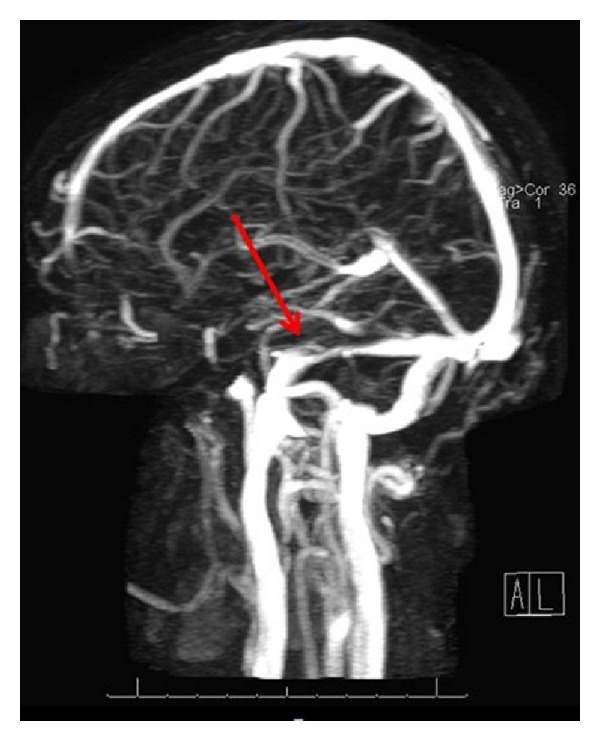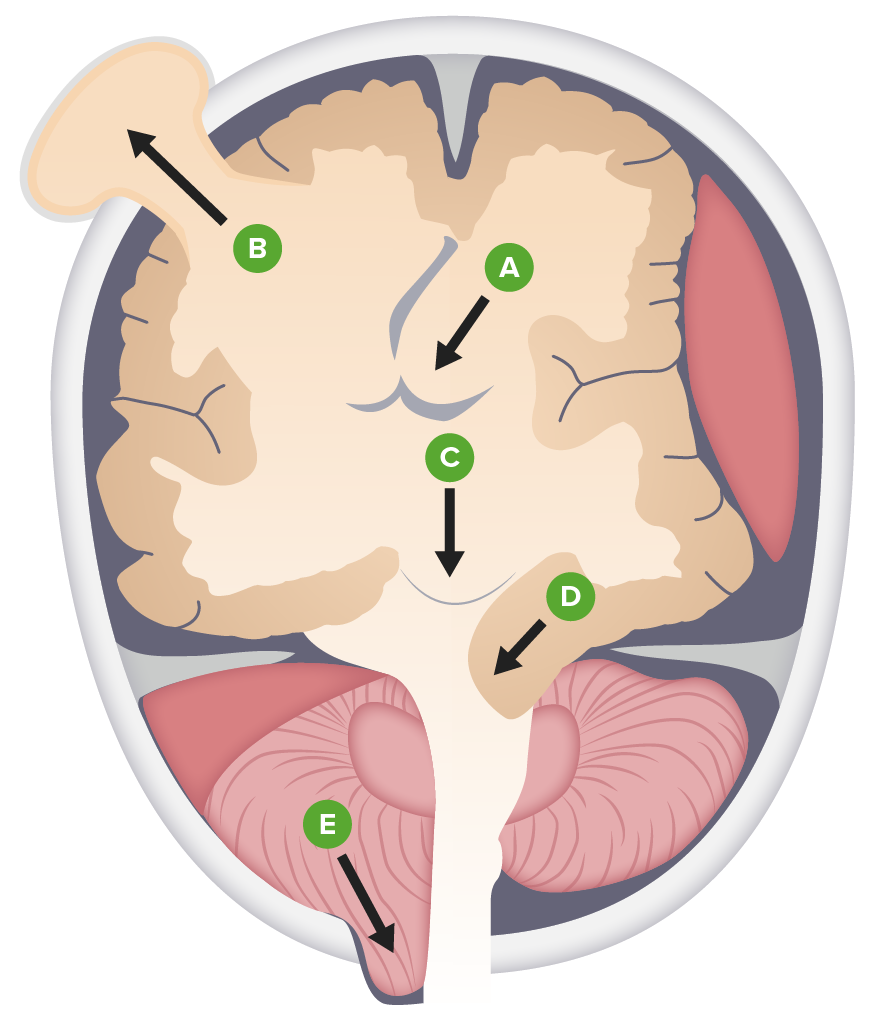Playlist
Show Playlist
Hide Playlist
Increased Intracranial Pressure – Patient and Doctor Induced Emergencies
-
12 -Patient and Doctor induced.pdf
-
Download Lecture Overview
00:01 So the next thing we're going to talk about is Increased Intracranial Pressure. Our brain is contained within a box. And within that box there are only a few substances. 00:13 There is Blood. There's Intracellular fluid. There's Interstitial Fluid, which is the fluid between the cells. And there's Cerebrospinal Fluid that is the fluid that bathes the brain cells within the brain, and goes down through the spinal column and bathes cells within the spinal column. 00:37 Any increase in any one of those without a corresponding decrease in one of the others, results in an increase pressure within the cranium. And that increased pressure, if it goes to its worst level, can result in the brain, actually the brainstem, being forced out of the skull through the Foramen Magnum at the base of the skull, which is almost always associated with sudden death. Intubation by the anesthesiologist increases intracranial pressure, usually by increasing blood pressure and heart rate. Unfortunately, that can be quite a serious problem, but we can correct it by inducing anesthesia with our normal induction agents, which tend to lower blood pressure and may also reduce cerebral blood flow and increase the probability of ischemic brain damage if we drop the blood pressure too much. The careful use of anesthetic drugs to reduce pressure, but maintain cerebral perfusion, is a real art. And people who are neuro anesthetists spend all their time discussing this issue. Diuretics such as loop diuretics, Furosemide, and osmotic agents, such as Mannitol, basically suck water out of the cells and cause it to be lost through the kidney. So they reduce the size of the brain and reduce the pressure in the skull.
About the Lecture
The lecture Increased Intracranial Pressure – Patient and Doctor Induced Emergencies by Brian Warriner, MD, FRCPC is from the course Emergencies.
Included Quiz Questions
Which medical intervention may increase intracranial pressure by increasing blood pressure and heart rate?
- Intubation
- Anesthesia induction
- Administration of loop diuretics
- Administration of osmotic agents
- Administration of albuterol
Which medical intervention may decrease intracranial pressure but may also reduce cerebral blood flow?
- Anesthesia induction
- Intubation
- Administration of loop diuretics
- Administration of osmotic agents
- Administration of epinephrine
Customer reviews
5,0 of 5 stars
| 5 Stars |
|
1 |
| 4 Stars |
|
0 |
| 3 Stars |
|
0 |
| 2 Stars |
|
0 |
| 1 Star |
|
0 |
This lecture was informative and engaging. The speaker did an excellent job of presenting the material in a clear and concise manner, making it easy to understand.





